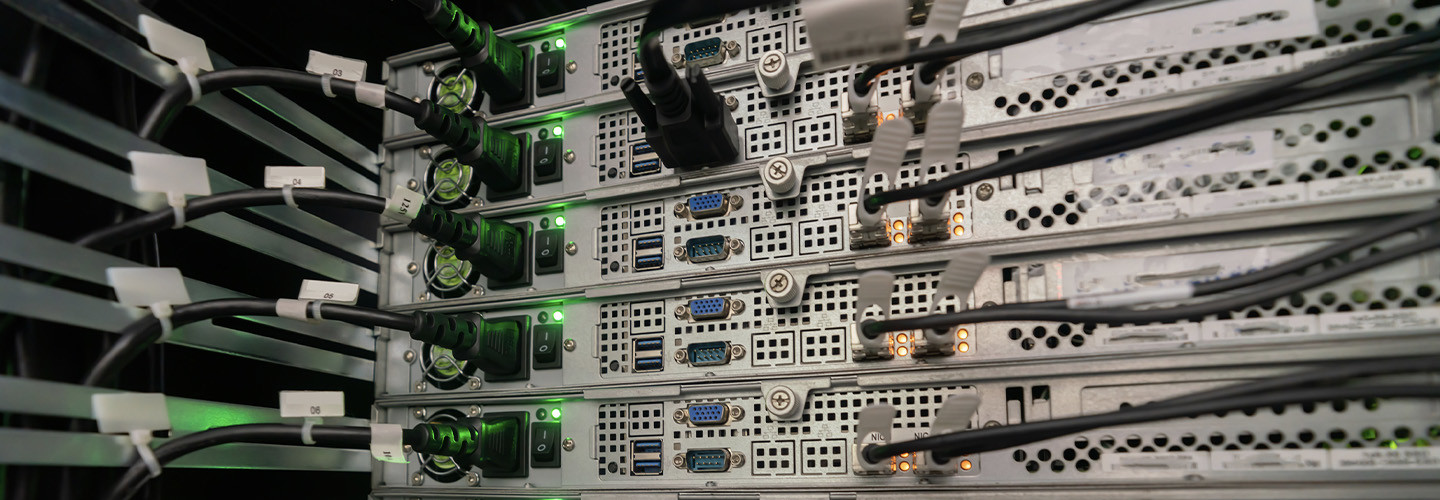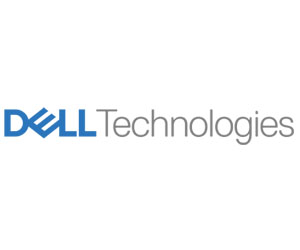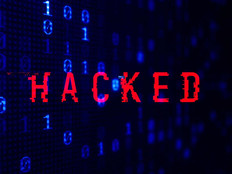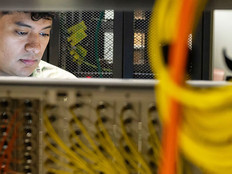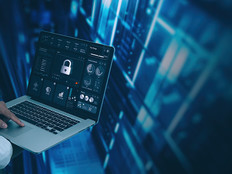The Role of Data Recovery in Zero Trust
“There’s no such thing as absolute security,” Emsley says. “That’s why data protection and cyber recovery are so foundational to a zero-trust architecture.”
In 2018, U.S. Cyber Command partnered with the nonprofit Maryland Innovation Security Institute to create a cyber innovation and prototyping facility called DreamPort. Now, Dell Technologies is working with MISI and CyberPoint International to launch the Zero Trust Center of Excellence at DreamPort this spring.
At the Zero Trust Center of Excellence, agencies will be able to test their IT environments on a Department of Defense-approved zero-trust architecture featuring Dell Technologies solutions. Aligning agencies’ zero-trust strategies with data centers is part of that work, as data recovery must happen quickly when information is compromised by a ransomware or other cyberattack.
“Many customers struggle with acquisition of assets, getting what they expect to get from their assets from any vendor and the disposition of assets when they go to refresh,” Emsley says.
READ MORE: Why the DOD is looking to adopt zero-trust security architectures faster.
Future-Proofing the IT Life Cycle
Dell Technologies introduced its Future-Proof Program several years ago to help agencies optimize their IT lifecycles. The program offers a variety of benefits, including a three-year satisfaction guarantee across storage, data protection, hyperconverged infrastructure and networking solutions.
Future-proofing the IT lifecycle simplifies operations, allowing agencies to worry less about day-to-day asset management and focus on more immediate, mission-critical needs, such as coding.
Flexible payment is another Future-Proof Program offering for cash-strapped agencies. “Budgets have not been very full, as far as many of those organizations are concerned,” Emsley says.
Next-generation data protection solutions also present an opportunity for agencies to realize storage cost savings in the form of data reduction.


